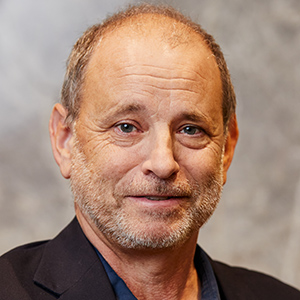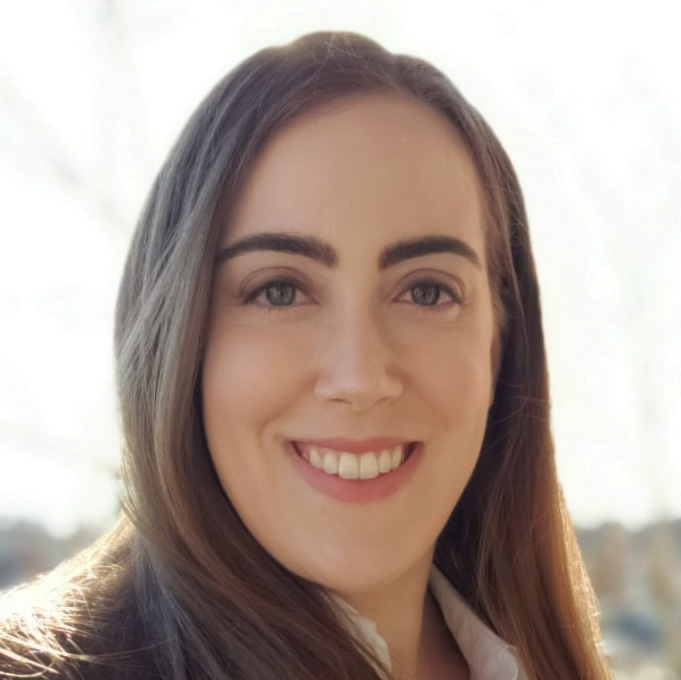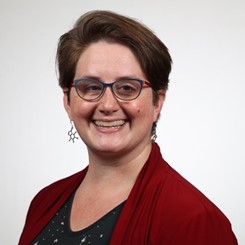Advances in research and their successful translation to improve health are deeply influenced by important policy decisions at the national level.
From guiding research agendas to informing the integration of genetics and genomics in clinical settings, sound evidence-based public policies can inform, enhance and accelerate equitable access to the benefits of genomics research. These policies are better informed with participation from people with expertise in genetics and genomics.
ASHG and NHGRI co-sponsor the Genetics and Public Policy Fellowship to give genetics/genomics professionals an opportunity to contribute to the policy-making process. The fellowship is designed as a bridge for those who wish to transition to a policy career.
Application Deadline: Submit your application packet by January 5, 2025.
2015-2016 fellow Caroline (Cari) Young, Sc.M., discusses her experience in the fellowship, specific projects she worked on, and opportunities it has provided.
Mentors and Contacts

- Acting Chief
- Policy and Program Analysis Branch

- Manager, Advocacy and Public Affairs
- American Society of Human Genetics

- Associate Director, Fellowship Programs
- American Society of Human Genetics
Contact the fellowship program at fellowships@ashg.org or submit our Fellowship Interest Form to be notified about key fellowship dates.
Last updated: October 8, 2024
